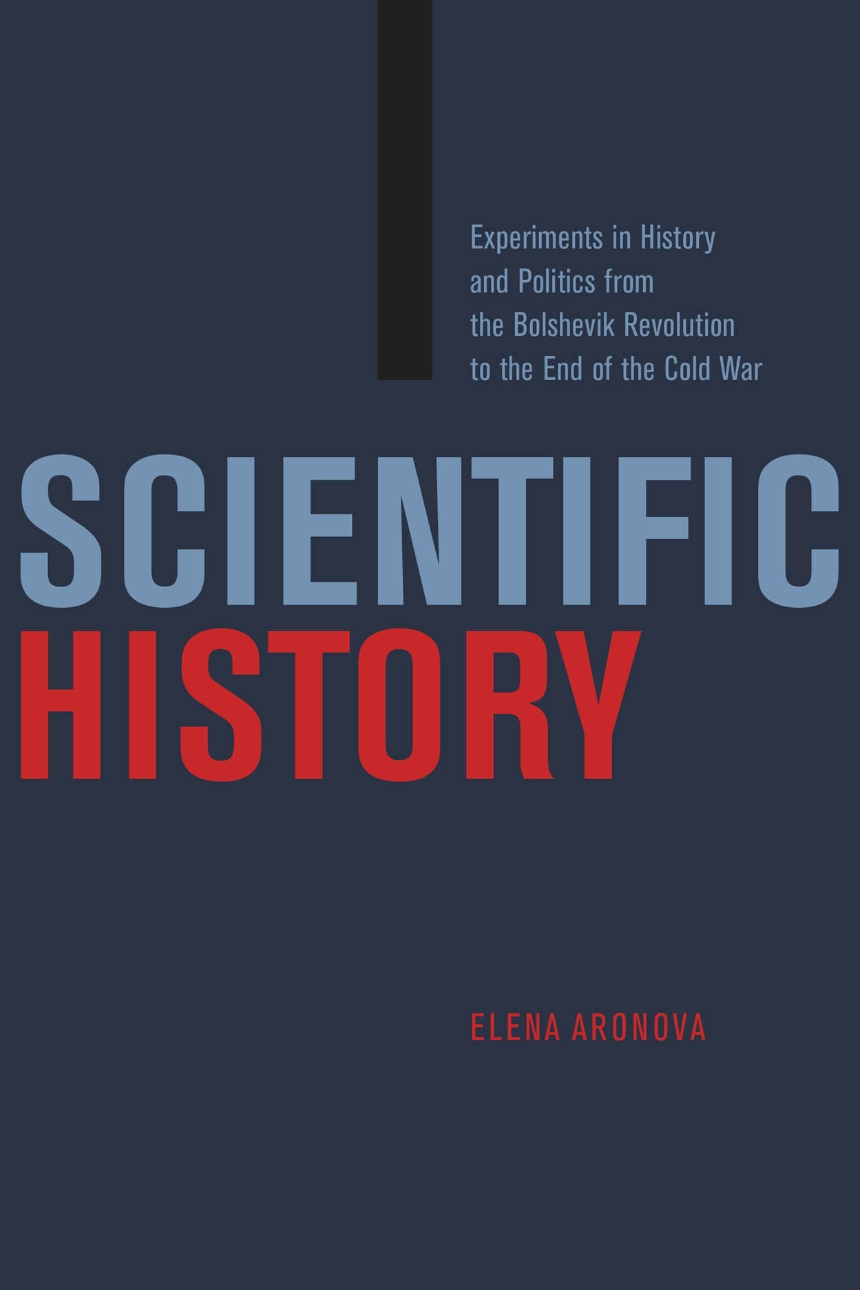| 16 Dec 2021 | 17:00 - 19:00 | Online | |
- Description
- About the Book
Description
We are joined by author Elena Aronova to celebrate the publication of Scientific History: Experiments in History and Politics from the Bolshevik Revolution to the End of the Cold War, from the University of Chicago Press.
- Elena Aronova (University of California, Santa Barbara) will present her book, and then be joined in discussion by the following speakers:
- James Delbourgo (Professor of History, Rutgers University)
- Nasser Zakariya (Assoc. Prof of Rhetoric, University of California Berkeley)
Attendance is free but spaces may be limited, so please email to reserve a space in the Zoom audience. Please be aware that we may take a recording of this event, which may include any questions and responses delivered by the audience.
gloknos is initially funded for 5 years by the European Research Council through a Consolidator Grant awarded to Dr Inanna Hamati-Ataya for her project ARTEFACT (2017-2022). ARTEFACT is funded by the European Research Council under the European Union’s Horizon 2020 Framework Programme for Research and Innovation (ERC grant agreement no. 724451). For information about gloknos or ARTEFACT please contact the administrator in the first instance.

About the Book
 Increasingly, scholars in the humanities are calling for a reengagement with the natural sciences. Taking their cues from recent breakthroughs in genetics and the neurosciences, advocates of “big history” are reassessing long-held assumptions about the very definition of history, its methods, and its evidentiary base. In Scientific History, Elena Aronova maps out historians’ continuous engagement with the methods, tools, values, and scale of the natural sciences by examining several waves of their experimentation that surged highest at perceived times of trouble, from the crisis-ridden decades of the early twentieth century to the ruptures of the Cold War.
Increasingly, scholars in the humanities are calling for a reengagement with the natural sciences. Taking their cues from recent breakthroughs in genetics and the neurosciences, advocates of “big history” are reassessing long-held assumptions about the very definition of history, its methods, and its evidentiary base. In Scientific History, Elena Aronova maps out historians’ continuous engagement with the methods, tools, values, and scale of the natural sciences by examining several waves of their experimentation that surged highest at perceived times of trouble, from the crisis-ridden decades of the early twentieth century to the ruptures of the Cold War.The book explores the intertwined trajectories of six intellectuals and the larger programs they set in motion: Henri Berr (1863–1954), Nikolai Bukharin (1888–1938), Lucien Febvre (1878–1956), Nikolai Vavilov (1887–1943), Julian Huxley (1887–1975), and John Desmond Bernal (1901–1971). Though they held different political views, spoke different languages, and pursued different goals, these thinkers are representative of a larger motley crew who joined the techniques, approaches, and values of science with the writing of history, and who created powerful institutions and networks to support their projects.
In tracing these submerged stories, Aronova reveals encounters that profoundly shaped our knowledge of the past, reminding us that it is often the forgotten parts of history that are the most revealing.
Find more about this volume via the University of Chicago Press.

